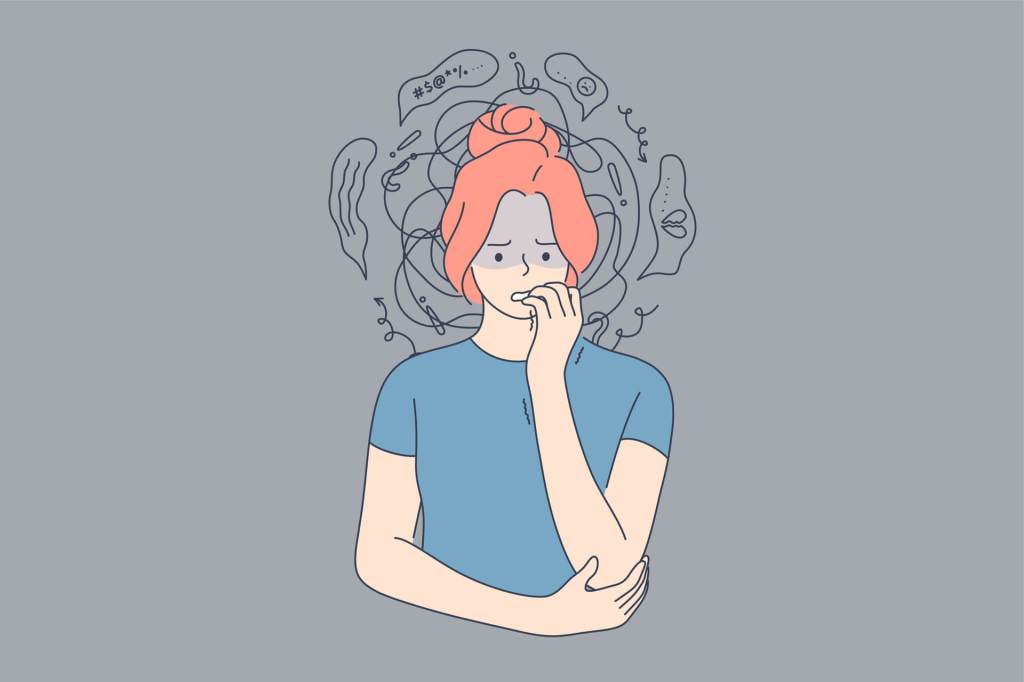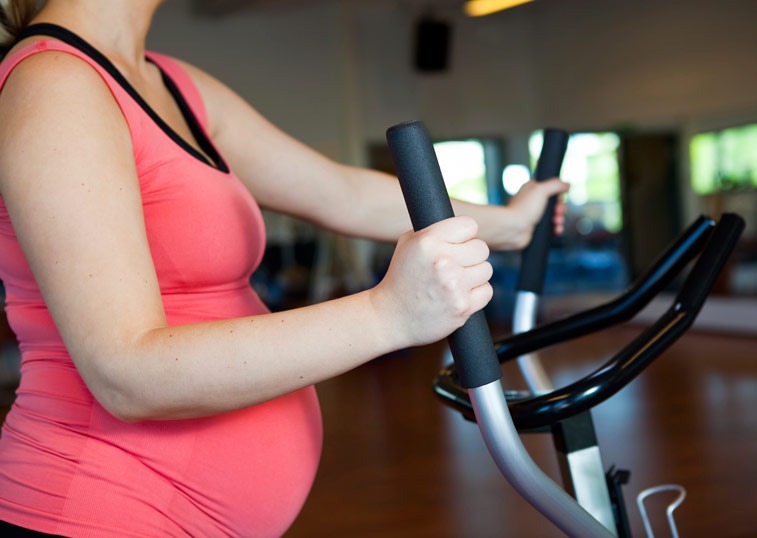Loneliness can be defined in several ways. It can be defined as the distress that accompanies a perceived discrepancy between desired and actual social relationships (Hawkley, 2022). Or, a feeling of disconnectedness and isolation (Tiwari, 2013), or simply as sadness because one has no friends or company.
Weiss (1973) differentiates between emotional and social facets of loneliness. Emotional loneliness arises from the absence of close emotional attachments and deep and meaningful relationships. Social loneliness comes from the absence of a broader accessible network of friends, colleagues, and supportive neighbours. A study conducted by Russel et al., 1984 determined that social loneliness was more strongly associated than emotional loneliness with not feeling “in tune” with other people, not feeling a part of a group of friends, and not having a lot in common with other people. While emotional loneliness was more strongly correlated with feeling that there is no one to turn to, feeling no longer close to anyone, and feeling that nobody knows one well.
Loneliness is a common human emotion that can affect us all at any point in our lives. However, it’s subjective and shouldn’t be confused with being alone or solitude. One can live or spend a lot of time alone and not experience loneliness due to frequent social contact and strong personal relationships. Conversely, one can have many social interactions and still feel lonely. Solitude on the other hand is a voluntary distancing from one’s social network, which if often the choice to be alone to reflect or simply enjoy one’s own company.
How Loneliness Affects Health
Loneliness is associated with a wide range of adverse health outcomes. In one meta-analysis of 70 studies, lonely people had 26% greater odds of early mortality than non-lonely people. Furthermore, loneliness is associated with an increased risk of cardiovascular disease (including coronary heart disease and stroke), metabolic syndrome, functional disability, dementia, and mild cognitive impairment (Hawkley & Capitanio, 2015). Loneliness has also been related to depression, anxiety, suicidal ideation, sleep problems, and disturbed appetite (Ong et al., 2015).
Several theories have been offered to explain the health effects of loneliness. Loneliness has been linked with negative health behaviors such as smoking and alcohol use, less physical activity, and poor nutrition (Ong et al., 2015). Loneliness influences these bad behaviours and these behaviours can further exacerbate loneliness.
However, poor health behaviours are not the only mechanisms impeding health. Cognitive processes have also been implicated as a potential contributor in the loneliness-health relationship. For example, severe and persistent feelings of loneliness have been shown to impair executive functioning (set of mental skills that include working memory, flexible thinking, and self-control), increase sensitivity to negative social stimuli, and erode interpersonal trust. There is also data suggesting that experiences of physical warmth/ coldness and feelings of social warmth/coldness share similar sensorimotor representations (Ong et al., 2015). In addition, immune dysregulation in the form of enhanced inflammatory responsivity, has been proposed linked between loneliness and health risk (Leonie et al., 2019).
Physical Activity and Exercise
The mental and physical health benefits of exercise and physical activity have been well established. However, loneliness is associated with a significantly reduced odds of physical activity — which isn’t surprising considering the toll it takes on health. Nonetheless, physical activity and exercise can reduce loneliness though increased social networks and the generation of positive emotions and feelings of well-being. A study surveying adults 65 years and older found that moderate and high physical activity (determined by the number of days per week [3-5+] not intensity) were associated with a 15%-30% lower likelihood of severe loneliness (Musich et al., 2022). Mindfulness practice has also been shown to reduce loneliness and shift gene expression profiles away from a predominately pro-inflammatory profile associated with an increased risk for chronic diseases (Lindsay et al., 2019).
Suggestions on How to Reduce Loneliness Through Physical Activity
Join a walking group – This low impact activity is a great way to get your steps in while meeting new people. There are outdoor walking groups for those who enjoy the outdoors, as well as indoor walking groups in malls and recreation centres for those who don’t want to worry about weather or traffic.
Participate in group exercise classes – With a wide range group exercises classes available, find one that sparks your interests and give it a try. Spin, yoga, circuit training, boot camps, HIIT, suspension training, and aqua-fit are some that come to mind. You don’t need any experience to join most group exercise classes as the instructor should offer variations of exercises to meet your abilities.
Work with a personal trainer – Take your training to another level by working with a certified personal trainer. You can learn new exercises, types of training, and/or training techniques while building a rapport with your trainer.
Join a sports team – I took my own advice and joined a co-ed softball team this summer. This has allowed me to meet new people while playing a sport I enjoy. Its a “D” level league which takes the pressure off of having to be highly skilled and puts more focus on having fun. It’s also motivated me to improve my skills and practice on my own time. Check out the sports available in your area and give it a try.
Take dance lessons – Do you like to dance? Maybe you’ve always wanted to learn how to salsa or do that cha cha? Most dance classes have a mix of both couples and singles, so don’t let flying solo be the thing that stops you. There’s also the less formal Zumba classes offered at many recreation centres that often incorporate a wide range of dance styles.
References:
Hawkley, L.C. Loneliness and health. Nat Rev Dis Primers 8, 22 (2022). https://doi.org/10.1038/s41572-022-00355-9
Hawkley, L. C. & Capitanio, J. P. Perceived social isolation, evolutionary fitness and health outcomes: a lifespan approach. Philos. Trans. R. Soc. B 370, 20140114 (2015).
Leonie J.T. Balter, Jane E. Raymond, Sarah Aldred, Mark T. Drayson, Jet J.C.S. Veldhuijzen van Zanten, Suzanne Higgs, Jos A. Bosch, Loneliness in healthy young adults predicts inflammatory responsiveness to a mild immune challenge in vivo, Brain, Behavior, and Immunity,Volume 82, 2019, Pages 298-301,ISSN 0889-1591 , https://doi.org/10.1016/j.bbi.2019.08.196.
Lindsay, E.K., Young, S., Brown, K. W., Smyth, J. M. & Creswell, J. D. Mindfulness training reduces loneliness and increases social contact in a randomized controlled trial. Proc. Natl Acad. Sci. USA 116, 3488-3493 (2019). https://doi.org/10.1073/pnas.1813588116
Musich S, Wang SS, Schaeffer JA, Kraemer S, Wicker E, Yeh CS. The association of physical activity with loneliness, social isolation, and selected psychological protective factors among older adults. Geriatr Nurs. 2022 Sep-Oct;47:87-94. doi: 10.1016/j.gerinurse.2022.07.006. Epub 2022 Jul 26. PMID: 35905635.
Ong AD, Uchino BN, Wethington E. Loneliness and Health in Older Adults: A Mini-Review and Synthesis. Gerontology. 2016;62(4):443-9. doi: 10.1159/000441651. Epub 2015 Nov 6. PMID: 26539997; PMCID: PMC6162046
Russell, D., Cutrona, C. E., Rose, J., & Yurko, K. (1984). Social and emotional loneliness: An examination of Weiss’s typology of loneliness. Journal of Personality and Social Psychology, 46(6), 1313–1321. https://doi.org/10.1037/0022-3514.46.6.1313
Tiwari SC. Loneliness: A disease? Indian J Psychiatry. 2013 Oct;55(4):320-2. doi: 10.4103/0019-5545.120536. PMID: 24459300; PMCID: PMC3890922.
Weiss, R. S. (1973). Loneliness: The experience of emotional and social isolation. Cambridge, MA: MIT Press.




Leave a comment